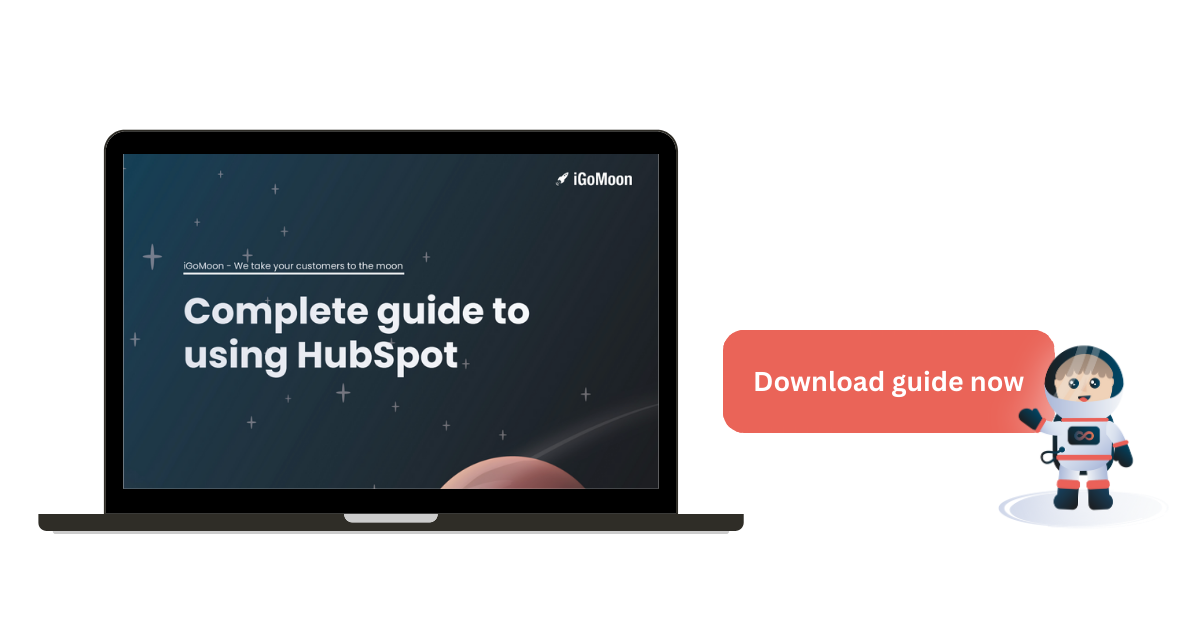Marketing is an essential aspect of any business, but it can be particularly challenging during times of economic recession. Companies often have to face reduced budgets, decreased consumer spending, and increased competition, all of which can make it difficult to stand out and maintain a steady stream of revenue. Furthermore, consumers may be hesitant to spend money, which can make it difficult for businesses to generate sales. In this blog post, we will focus on the right strategies.

The current economic climate may require businesses to adjust their marketing strategies to meet changing consumer needs and priorities. For example, consumers may be more focused on practical and necessary purchases rather than luxury items, which means that businesses may need to shift their marketing efforts accordingly. Additionally, businesses may need to emphasize the safety and reliability of their products or services to address concerns related to the pandemic. All of these factors can make it a hard time for marketing teams to navigate and adapt to the current economic uncertainty.
What is the accurate approach for marketing plans?
However, it's important to remember that economic downturns do not necessarily mean the end of opportunities for businesses. With the right strategies, companies can successfully navigate the challenges of a recession and emerge stronger and more resilient. Let's explore some effective marketing strategies for times of economic recession as follow:
- Focus on value
During a recession, consumers tend to be more price-conscious and may be less willing to spend money on products or services that they see as frivolous or unnecessary. Therefore, it's important to focus on delivering value to your customers. Emphasize the benefits and features of your product or service that directly address their needs and pain points. Be transparent about pricing and offer discounts or promotions that make your offerings more affordable. - Prioritize your target audience
Marketing during a recession requires a more targeted approach. Instead of trying to appeal to everyone, focus on your core audience. Understand their preferences, behaviors, and pain points, and tailor your messaging and campaigns accordingly. Use data analytics and other tools to identify the most promising segments and channels to reach them. - Increase brand visibility
During tough economic times, businesses often pull back on marketing to save money. However, this can be counterproductive as it can lead to decreased brand visibility and awareness. To stand out in a crowded market, businesses should increase their marketing efforts, particularly on digital channels. Explore new advertising platforms, ramp up social media activity, and create more engaging content to capture the attention of potential customers. - Build customer relationships
In uncertain times, customers may be more hesitant to try new products or services. To overcome this, businesses should focus on building strong customer relationships. Provide excellent customer service, respond to queries and complaints promptly, and make efforts to personalize communications. This will not only help retain existing customers but also attract new ones through positive word-of-mouth recommendations. - Innovate and adapt
During a recession, businesses that are inflexible and resistant to change are more likely to struggle. To remain competitive, companies should innovate and adapt their offerings to meet changing customer needs and preferences. This can involve introducing new products or services, adjusting pricing, or exploring new distribution channels.
Read more about how to use HubSpot for small businesses here!
What will be the wrong approach for marketing plans in 2023?
There are several wrong approaches that businesses may take when planning for marketing during times of economic uncertainty:
1. Cutting marketing budgets too drastically: While it may be necessary to reduce marketing spending during tough economic times, cutting budgets too drastically can be a mistake. Businesses need to maintain a certain level of visibility to stay competitive, and completely eliminating marketing efforts can hurt their long-term prospects.
2. Focusing solely on short-term gains: During economic uncertainty, businesses may be tempted to focus on immediate sales and revenue, rather than investing in longer-term strategies. However, this short-term mindset can be detrimental to the business in the long run, as it may miss out on opportunities to build brand loyalty and establish a strong market position.
3. Neglecting to adapt to changing consumer needs: Economic uncertainty can cause changes in consumer behavior and priorities. Businesses that fail to adapt their marketing strategies to these changing needs may find themselves struggling to attract and retain customers. It's important to stay up-to-date with trends and shifts in consumer behavior and adjust marketing efforts accordingly.
4. Failing to communicate effectively: In times of economic uncertainty, clear communication with customers is more important than ever. Failing to provide customers with accurate information and updates on products, services, and policies can erode trust and confidence in the business. It's important to be transparent and responsive to customer needs and concerns.
In conclusion, while economic recessions can present significant challenges for businesses, they can also be opportunities for growth and innovation. By focusing on value, prioritizing your target audience, increasing brand visibility, building customer relationships, and innovating and adapting, companies can successfully navigate these challenges and emerge stronger on the other side.
Learn more about HubSpot by downloading our free "Complete guide to using HubSpot".